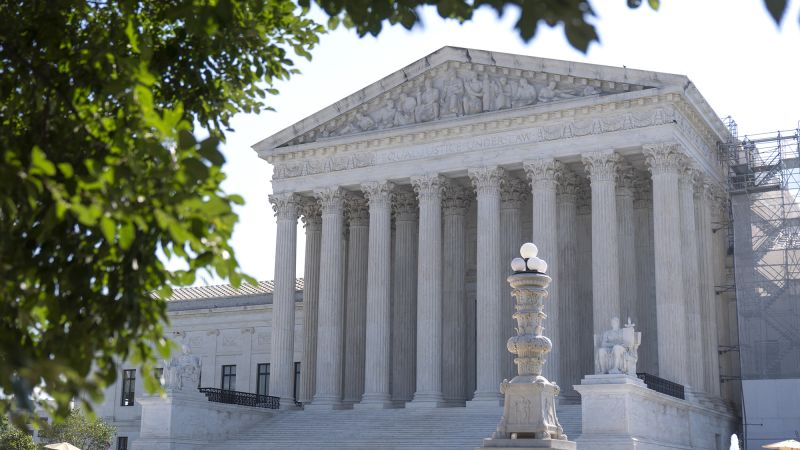In a landmark decision, the Supreme Court on Thursday upheld a Trump-era tax on overseas investments, in a case involving a Washington state couple. The 7-2 majority ruling preserved the tax, with Justice Brett Kavanaugh emphasizing that the decision was “narrow,” and did not dive into the larger debate over a wealth tax.
The case centered around Charles and Kathleen Moore, who challenged a $15,000 tax bill related to their investment in an India-based company. The tax, part of a 2017 package signed by former President Donald Trump, targeted undistributed profits of certain foreign corporations majority-owned by Americans.
The court’s decision was praised by tax experts, including Chye-Ching Huang from NYU Law, who warned that challenging the tax could have had far-reaching consequences for the tax system. Justice Kavanaugh stressed that the ruling was specific to the case at hand and did not set a precedent for a federal tax on wealth.
Conservative and liberal justices alike appeared to seek a narrow outcome during oral arguments, with Justices Amy Coney Barrett and Samuel Alito concurring with the decision on different grounds. Justice Clarence Thomas, joined by Justice Neil Gorsuch, penned a dissenting opinion.
The ruling sent a warning to proponents of wealth taxes, including President Joe Biden and Senator Elizabeth Warren, who have proposed new taxes on the wealthy to fund spending plans aimed at helping lower-income Americans. Despite the decision, the fight for fair taxation continues among progressive lawmakers.
The case also raised questions about Justice Samuel Alito’s involvement, as Democrats had called for his recusal due to ties between the Moores’ attorney and the justice. Alito was notably absent during the announcement of the opinion.
The Supreme Court’s decision marks a significant milestone in tax law and sets the stage for future debates on taxation of wealth and income.











